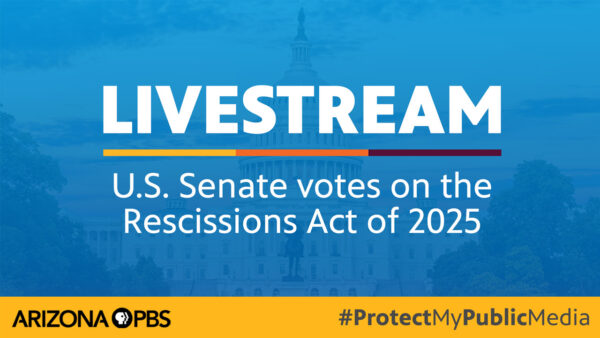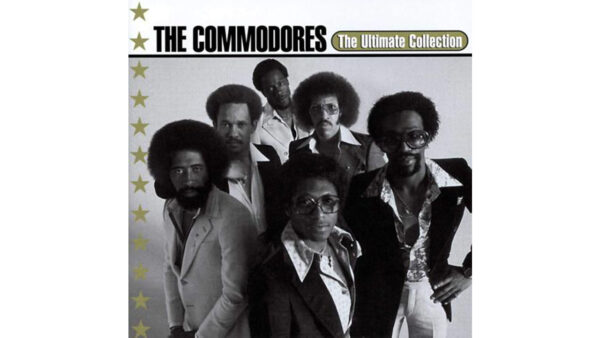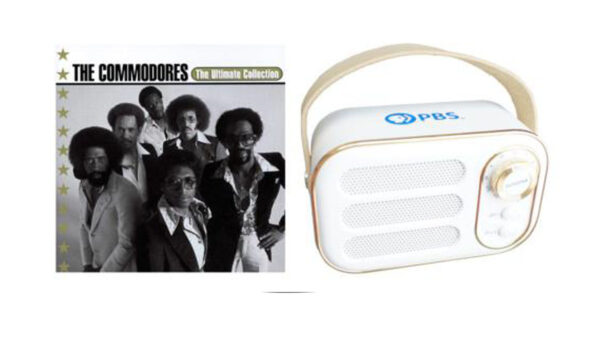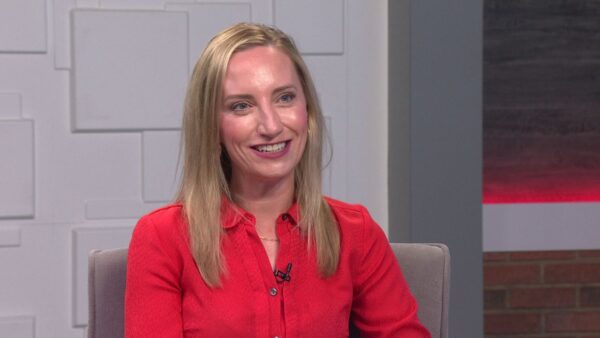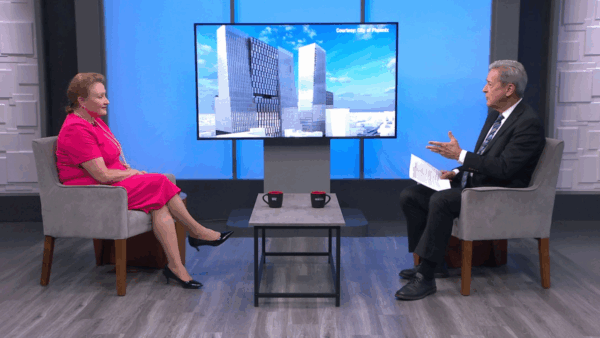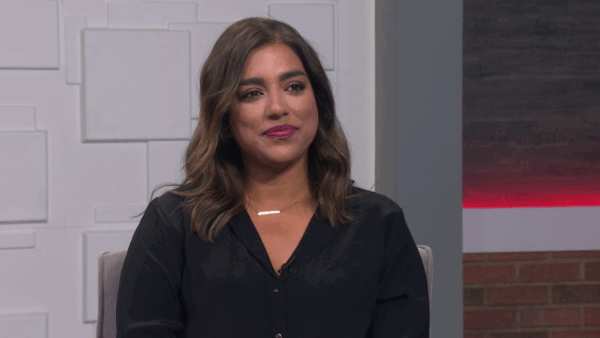Testimony ended today at the federal trial accusing the Maricopa County Sheriff’s Office of racial profiling. Arizona Republic reporter JJ Hensley and Scott Halverson, a defense and civil rights attorney, offer their observations of the trial and lawsuit, which they have been following closely.
Ted Simons: Testimony ended today in the civil rights trial against the Maricopa County sheriff's office. It involved a class action lawsuit accusing them of racial profiling. Here with analysis are JJ Hensley, covering the trial for the Arizona Republic, and Scott Halverson, a personal injury attorney who has sued the sheriff's office in the past. Thanks for joining us. J.J., any surprises so far?
JJ Hensley: No. Both sides have been involved in this case for years now. They both filed motions for summary judgment which pretty much laid out what their arguments were that we heard in court over the last seven days. I think most of the surprises actually came from the questions the judge asked from the bench of the deputies and other folks involved.
Ted Simons: I want to get to that, especially the instructions early on, an impact they might have had. Again, over all, any surprises?
Scott Halverson: No. As much as we have anticipated this trial I think it's probably anticlimactic for the judge. He has poured over documents going on four years now. There's a lot to consider. The testimony was probably fairly well scripted from past proceedings.
Ted Simons: You mentioned the judge's comments and instructions. Early in the trial did the idea of the instructions being I want something that's current as opposed to the past, something along those lines, what was all that about? How has that impacted testimony?
Scott Halverson: I think that the judge did not want the plaintiffs to focus on the incidents particular individuals named as plaintiffs and others in the class that had instances to bring forth where they alleged racial profiling. The judge wanted to be concerned with the policies and practices, patterns and supervision, things like that. Then decide whether as a practical matter he would need to be involved and monitor this in the future.
Ted Simons: Does it seem he's getting what he asked for?
JJ Hensley: From the sheriff's office? We'll see. You know. I think that he really drilled down with all of the deputies up there. Because there was a bench trial, there was for jury, he's free to ask questions of any of them and would frequently stop the question and answer in the middle and say, I just have a couple of things I want to clear up here. What kind of training do you have? What was your experience level? From one of the most telling questions yesterday came when he started asking a deputy if he asked everyone who he stopped, all passengers in all vehicles, for their identification or only Hispanic passengers. Then does he call those 287 G-trained deputies any time he encounters someone who's a passenger without I.D. or only Hispanic passengers.
Ted Simons: Can you real -- is he giving hints, any indication?
Scott Halverson: Yeah, I think so, any time you have the person that's making the final decision in a case asking the questions, that's the most important part of any trial. That's what you need to focus on.
Ted Simons: What was the impact of Sheriff Arpaio's testimony?
Scott Halverson: The judge is well-familiar with this. This information was already in the pleadings. I think that it was interesting to hear those sound bites in the video, those bombastic statements, then it's easy for the plaintiffs to say, this is the intents. This is really what's going on despite written policies and procedures this is what is going on at the heart of the Maricopa County Sheriff's Office.
Ted Simons: What did you see from Arpaio's testimony as far as impact on the judge.
JJ Hensley: hard to say. Federal court judge playing it close to the vest. I think the thing that was probably most significant about his testimonym this is -- heart of the plaintiff's case. You take these statements from the sheriff's office, couple those with some of the things their sergeants said when on the stand. Some of the emails the sergeants and the human smuggling units, which were plainly racist. Then you try to join those things together and then you have your victims to show the impact of this and then the stats, which are really the thing that carries this case.
Ted Simons: And yet, none of what you mentioned is really a smoking gun, is it?
JJ Hensley: I think there were a lot of people looking for that smoking gun throughout this. It was hard to find that. I don't know that that ever really happened. Probably because both sides were so familiar with what the other had to say. But I think that testimony is one sergeant who was over the human smuggling unit who sent out the emails, who clearly didn't have a solid understanding of federal immigration law and was in charge of this group of people who were out there busting immigrants. That I think was kinda damning.
Ted Simons: Back to Arpaio, again, taking you back to what J.J. is saying, it seemed he suggested he delegates, he wasn't completely in charge and deputies were suggesting he may not completely know what was going on, that lack of control, does that dispute the idea of a systemic discrimination at least from on high?
Scott Halverson: Well, to a certain extent except he's responsible. He sets policy. It's clear from the testimony and the record that he's the one that sets policy. The buck stops there. If he's not doing a good job in terms of supervising and administering his office and setting clear policy that you can turn to and say we don't racially profile. There wasn't that. It was absent. Clear policy prohibiting racial profiling.
Ted Simons: Yet the other side would say it's so difficult to prove systemic discrimination.
Scott Halverson: Oh, yeah. Absolutely is.
Ted Simons: Have you seen -- back to the smoking gun situation, have you seen anything spitting smoke here?
Scott Halverson: It is hard to say, to predict what the judge will say, but I think there's a good case made. You have a team of attorneys on both sides working on this case for four years. They have made very good cases for their respective clients. The bottom line is the judge is going to have to decide do we want to make a statement here, declaratory relief saying that there has been racial profiling in the past, violations of constitutional law, then if so, the next step is do we want to get involved? Federal judges especially are very reluctant in wanting to get involved in monitoring on an ongoing basis into the future any sort of state agency or local government agency to try to prevent future discrimination.
Ted Simons: When does the six-day trial end?
JJ Hensley: It's done. Wrapped today. When does it ever ends? It's going to go to appeal no matter the verdict. We have closing arguments due on August 9th. Another set due August 16th. He briefly entertained this afternoon it sounded like he was going to entertain bringing them back on the 17th for oral arguments, but his schedule didn't matched up with that. Now he said I'll try to issue a ruling. Tim Casey, Arpaio's attorney, put him on the spot during the hearing today and said, do you know how long it will take? He said, I have no idea.
Ted Simons: Ten seconds. Would it surprise you if the decision went either way?
Scott Halverson: No. I think it's a close call but I think my opinion is I think it probably will go in favor of plaintiffs.
Ted Simons: Interesting. Good stuff. Thank you for joining us.
JJ Hensley:Reporter, Arizona Republic; Scott Halverson:Attorney of Defense and Civil Rights;
